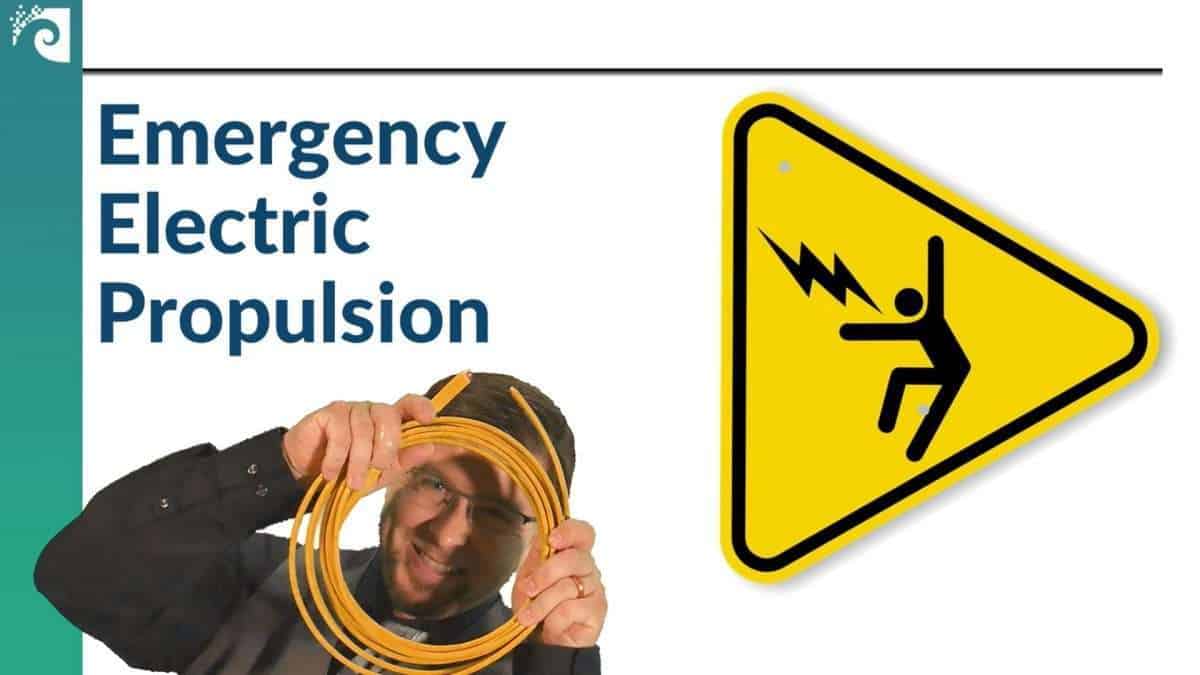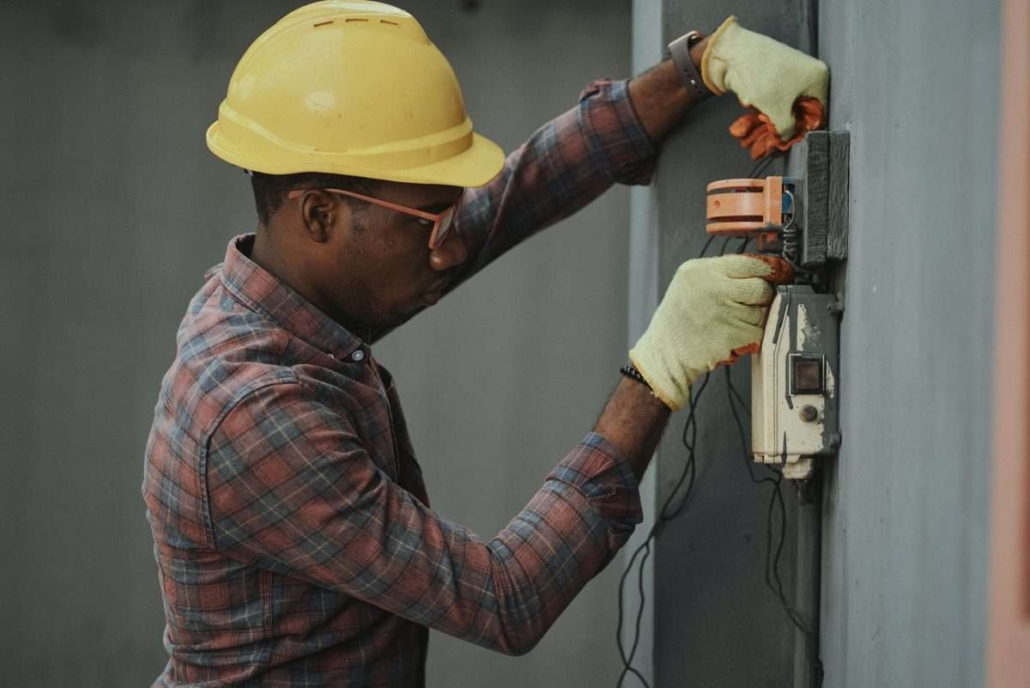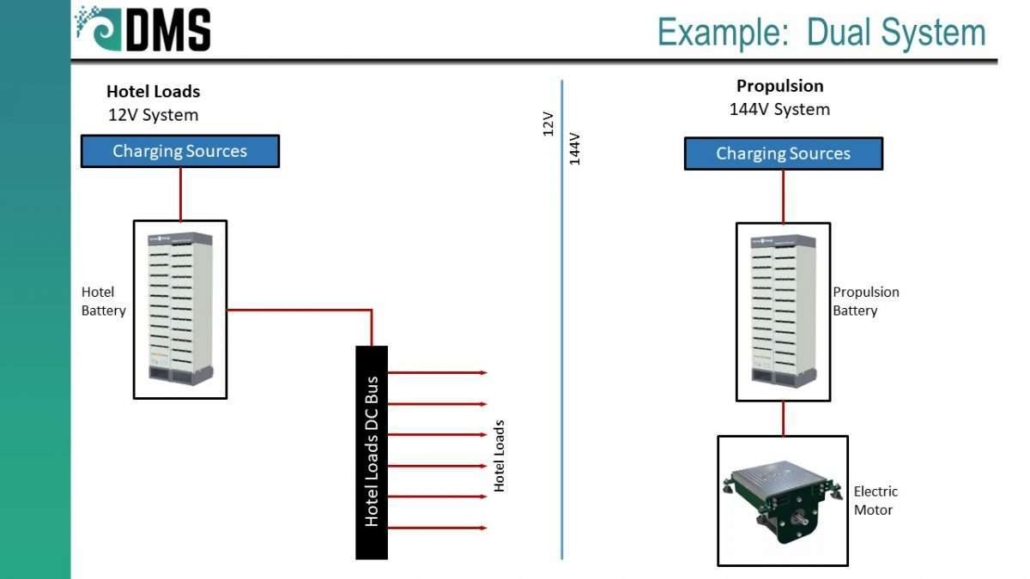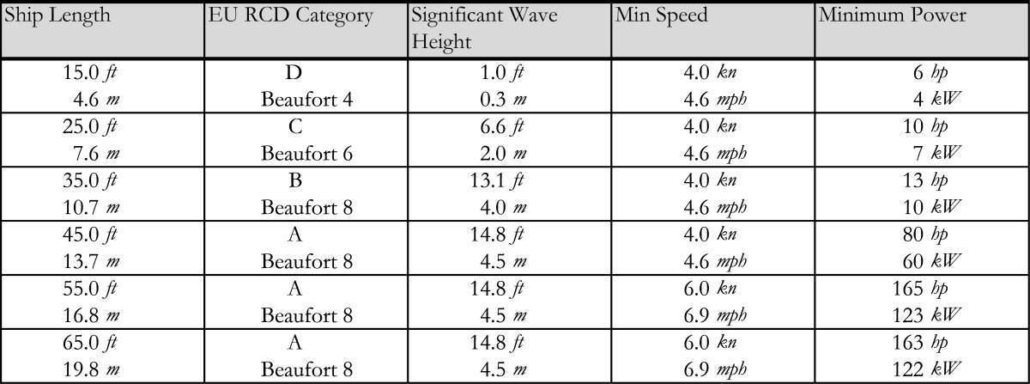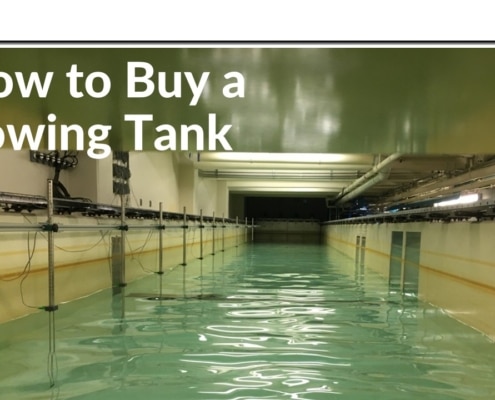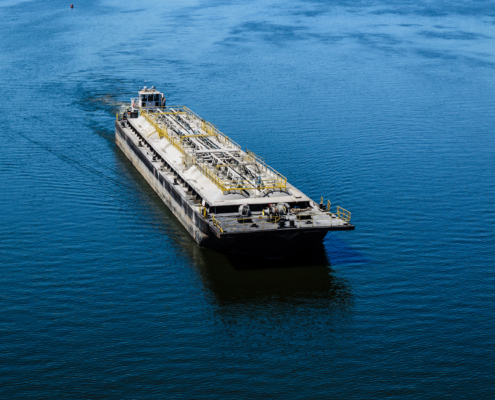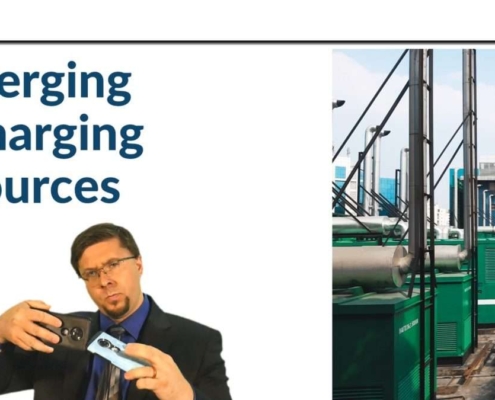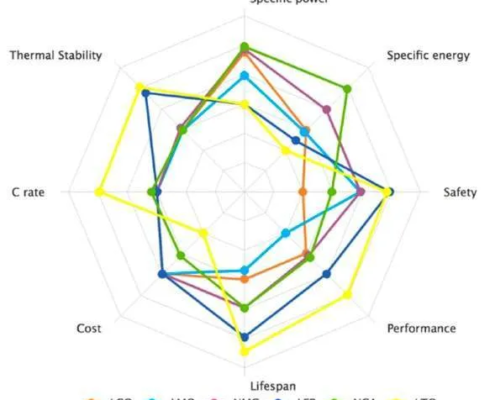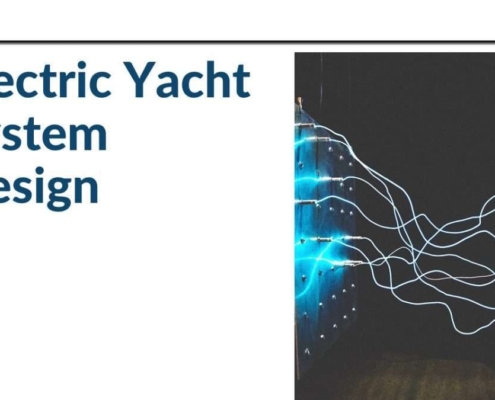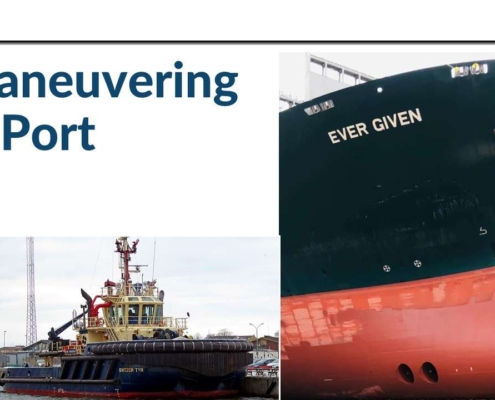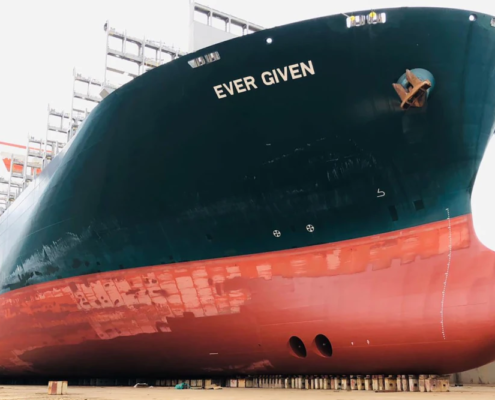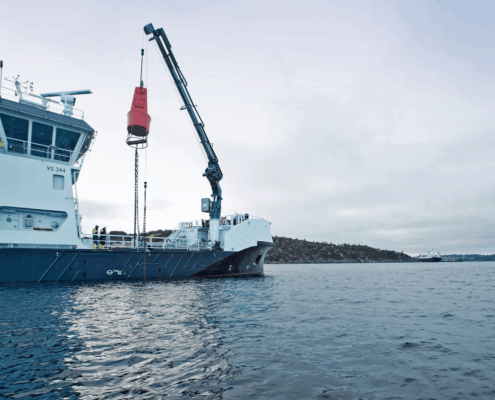With electric, the real challenge is finding a way to store all that energy. We need a massive reserve for extended propulsion. Batteries require more volume and weight than the conventional option of a generator + fuel. Figure 5‑1 shows that for very small energy storage, the battery is the better option. But for anything large scale, the generator and fuel quickly outcompete the battery. A large yacht running for two days could easily require 2000 kWh of energy. On that scale, the generator and fuel are over 1100% less weight than a battery.
This doesn’t make generators perfect. They come with downsides: they lack the ability to recapture energy from renewable charging sources (wind + solar). Batteries and generators both offer different capabilities. This means any electric yacht will likely be a hybrid setup, storing energy in multiple energy mediums. You have three big options in that arena:
- Methanol fuel cell
- Diesel generator
- Pure battery
Methanol fuel cells seem like an environmentally friendly option. In terms of energy density, they lie somewhere between a battery and a diesel generator. These fuel cells require some careful planning. First, the fuel cell doesn’t operate like a generator; it supplies power at a much slower rate. This helps for slowly charging a battery, but don’t use it for a burst of power. Second, methanol is not widely available everywhere in the world. Plan on staying in range of confirmed methanol suppliers. And finally, methanol is not as clean as you want. True, it releases far less emissions than a diesel engine. But most methanol in the world still distils from fossil fuels. In terms of CO2 emissions, it is not much better than a diesel generator.
Diesel generators are the common option for electric propulsion. They store huge levels of energy in the form of diesel fuel. And they emphasize the advantages of a hybrid system. You can size the batteries to only work for low energy propulsion. But assume the generator is required when using full power for any length of time. This gives the best of both worlds in terms of responsiveness and endurance.
Pure batteries are also possible, but only for a few hours. If you go with pure battery and want extended cruising, I guarantee that sails will be the main propulsion method. For this scenario, the battery mainly supplies your hotel loads, works for getting in and out of port, and provides emergency power if you need to move without the wind. Even in this case, most sailors include a small generator as emergency power.
The final hybrid selection depends on your usage and the requirements for emergency maneuvering. Again, this comes back to storms: how easily can you avoid one. For those emergencies, generators work great to supply large power in a hurry. Outside of those emergencies, the generator rarely turns on. A hybrid system can provide all the safety of the current designs, with a fraction of the fuel consumption.
